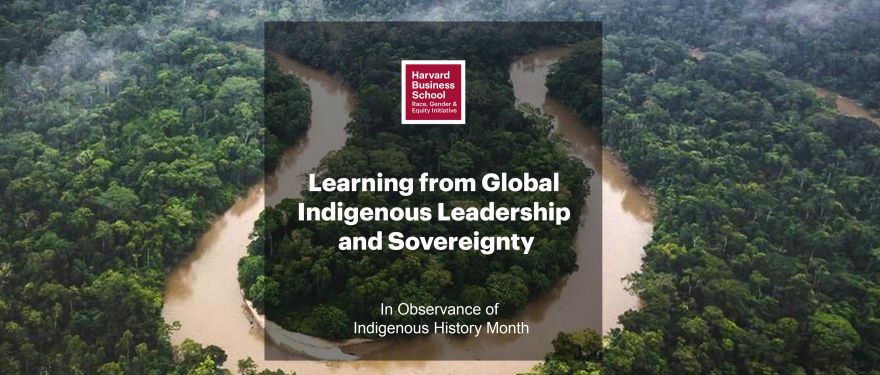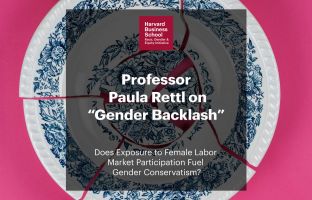Every November, we observe Indigenous History Month, formally known in the United States as Native American Heritage Month. It is impossible to honor First Nations peoples without scrutinizing the many ways in which their histories have been obscured or even erased. In the US and beyond, certain strides have been made, such as normalizing the practice of land acknowledgment, but much remains to be done.
Indigeneity is both cemented in our past and holds promise for our present and future; it can inform how we steward our land, govern ourselves, and distribute our resources. Beyond passively looking to Indigenous wisdom to combat pressing issues such as climate change, let’s actively support our Indigenous peers as they revive and preserve their communities and value systems.
Global Indigenous Leadership
While this is a national American heritage period, it’s critical to regard indigeneity and Indigenous sovereignty through a global lens. Even within the same region, Indigenous communities are far from monolithic. Many Nations are extolled for their deep belief in environmental stewardship, but each one offers different insights depending on the political, social, and ecological context. Fostering a dialogue between global leadership and Indigenous leadership can lead to greater chances of developing climate solutions,imbuing Indigenous Nations with meaningful authority on a global platform as they seek complete sovereignty.
Indigenous Wisdom & the Climate Crisis
HBS Professor Reshmaan Hussam’s case, Indigenous Wisdom and the Climate Crisis provides a thorough insight into historical and colonial influences on environmental resource exploitation and explores how Indigenous spiritual systems can help remediate the damage of modern economic conditions through alternative resource management frameworks.
Indigenous Peoples Around the World
Indigenous Peoples Around the World is a Harvard Business Publishing case collection for anyone looking to learn more about where Indigenous leadership is disrupting and innovating at the intersection of democratized leadership, climate solutions, and community resource sharing.
Advancing (and Reflecting On) Research
Objectivity Interrogation and Armoring
Learn more about how notions of objectivity in scholarship can reinforce a racialized world by watching doctoral candidate Brittany Torrez’s flash talk from the 2023 Race, Gender & Equity at Work Symposium.
Bridging Research and Practice
Teaching institutions like ours also have enormous potential to support Indigenous sovereignty. Communities that have historically been forced to assimilate for survival need adequate space and networks to continue to rebuild their own structures. Many Nations have built a portfolio of thriving businesses and need support to grow their reserves for the long-term. Especially in these cases, creating connection is critical.







